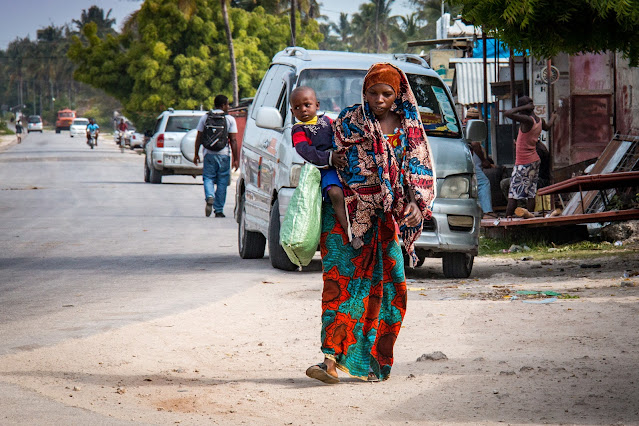 |
| Photo by Dick Scholten on Pexels |
by Grace Anaja
Child marriage is a plague that affects millions of girls all around the world. The United Nations Children’s Fund (UNICEF) describes child marriage as 'any formal marriage or informal union between a child under the age of 18 and an adult or another child.' In developing countries like Niger, Nigeria, and Central African Republic, 36% of girls are married before age 18, and 10% are married before age 15. The Universal Declaration of Human Rights also states that marriage must be entered by individuals who are fully consenting and at full age.
Child marriage is an outright violation of their rights, especially with girls: it prevents them from being educated and empowered, growing up with their peers, maturing in their own time, and ultimately choosing their own life partners when they want to. It hinders them from achieving their goals and potential.
In most parts of the world, child marriage is mainly driven by poverty.
Girls are said to be 'expensive' to raise. Parents from low-income and rural communities who do not understand the value of education and empowerment and still hold on to patriarchal beliefs do not regard girl child education. For some, an educated boy child is more valuable and worth their investment. Since they cannot afford school fees or materials in cases where free education is available, they marry the girls off as adolescents. To them, this reduces the number of ‘mouths to feed’.
Out–of–school girls have a higher chance of becoming child brides. Marrying these girls to wealthy or comfortable men who, most of the time, are much, much older would mean less financial pressure on the family and an avenue for provision… a way out of lack. These girls have been turned to 'Poverty Alleviation Projects' for their families. Sometimes, the girls are indirectly forced to get married when their parents neglect them. They believe having a husband means they would be catered for and their needs would be met.
Certain people believe that child marriage ensures a girl's virginity and prevents promiscuity, unwanted pregnancies, and diseases. However, child marriage has many health risks for the girl child. These include sexually transmitted diseases like Human Immunodeficiency Virus (HIV) and Human Papilloma Virus (HPV), cervical cancer, miscarriages, death during childbirth, premature birth of offspring, obstetric fistula – which, according to the World Health Organisation, is an abnormal opening between a woman's genital tract and her urinary tract or rectum, and could lead to maternal mortality. It can be prevented by delaying the age of the first pregnancy.
Child marriage is a form of gender-based violence that exposes young girls to various forms: physical, sexual, psychological, verbal, and socioeconomic violence.
These child brides move from home after marriage and usually live in isolation, especially for those who move to a new location. The opportunity to grow, play, have friends, and build social skills is lost. Because the men that marry them are older, they have little to nothing in common and are only concerned about household responsibilities. They are thrust into wifely duties and motherhood so early that they barely know what they are doing. When they give birth, it is practically a child having a child. Due to their low level of education, they are concentrated in the service industries doing menial, nonessential and domestic work, with little possibility for a chance at more.
It is said that if you educate a man, you educate an individual. But if you educate a woman, you educate a nation. When young girls cannot pursue education, it limits women's potential to contribute to national development. It denies them access to opportunities, resources, and mainstream governance: benefits and responsibilities. It sustains the already established patriarchal system that so desperately needs to end.
Child marriage does not end the vicious cycle of poverty. It only strengthens it. If poverty was eradicated or reduced, would families and societies place more value on girls and women?
No comments:
Post a Comment